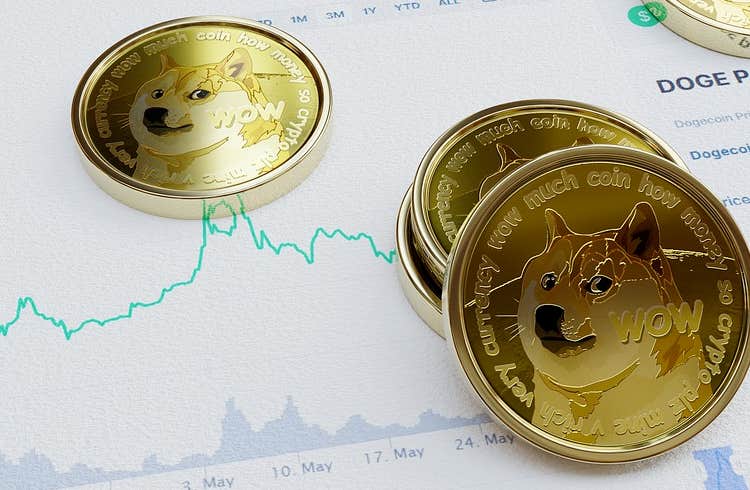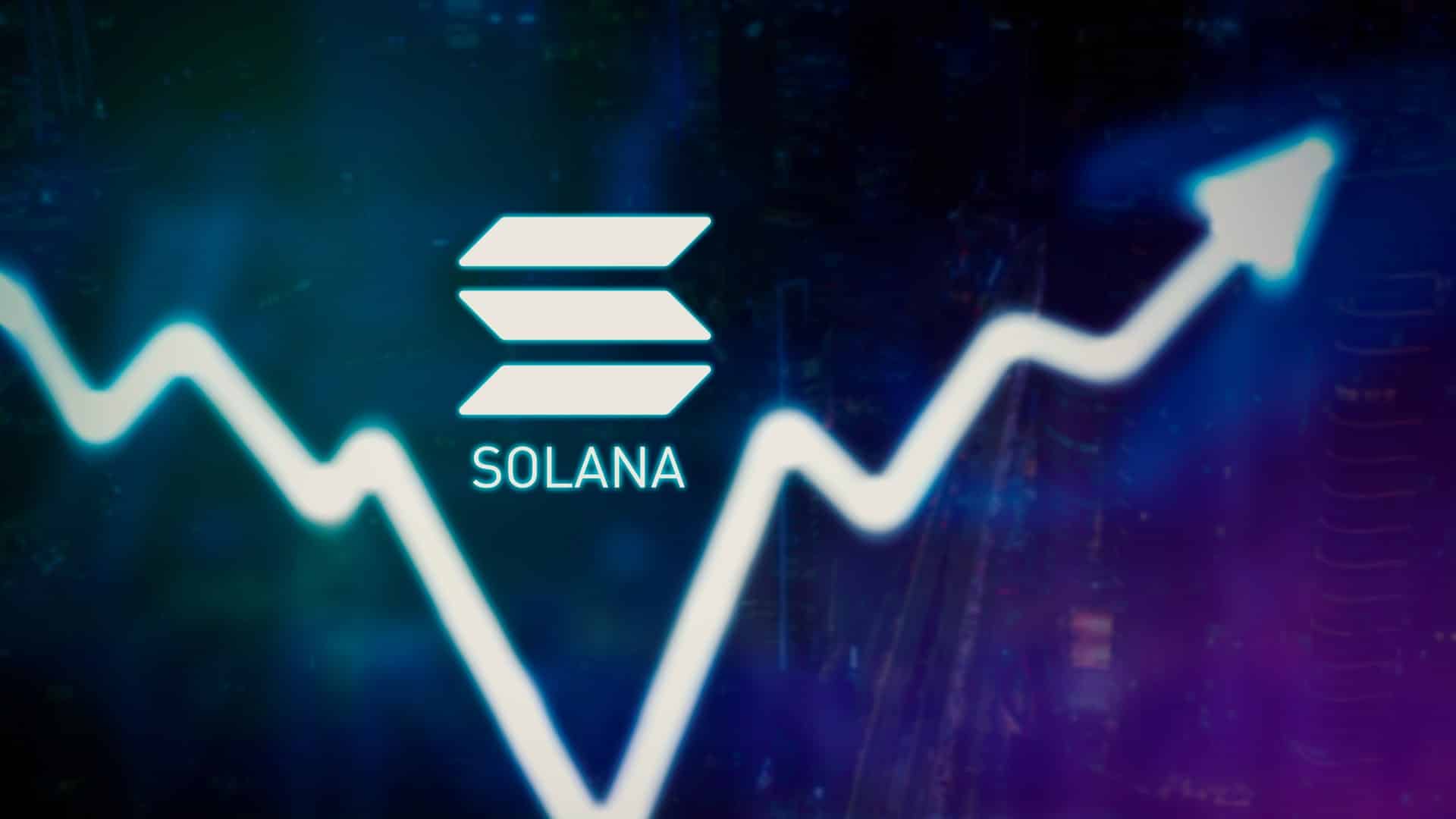Table of Contents
Many investors still believe that they have to go to a crypto exchange to purchase Bitcoin and Co. However, not everyone wants or is allowed to go this route. Finally, stock market crashes like FTX’s have shaken confidence in exchange service providers. Many investors and in particular institutional investors also prefer regulated products that they can book into their securities account at the bank. However, storing tokens in wallets is not an option for many investors. This is exactly where Exchange Traded Products, ETPs for short, with cryptocurrencies as an underlying can help. And this is exactly where CoinShares comes in.
What are ETPs?
ETPs are regulated, traditional financial products that give investors exposure to a variety of assets, including stocks, bonds, commodities and even cryptocurrencies. Like stocks, ETPs are bought and sold on regulated exchanges or through brokers.
While there are thousands of ETPs for traditional assets, the European market counts over 166 ETPs tracking cryptocurrencies. These products allow investors to gain exposure to a single cryptocurrency, such as Bitcoin or Ethereum, or to track an index of cryptocurrencies. Investors can thus decide whether to purchase a single cryptocurrency using an ETP or several directly in order to invest diversified in the crypto market.
The first crypto ETP in Europe was launched in 2015 by XBT Provider by CoinShares. The inflow of funds also shows that the demand for these crypto ETPs is high. CoinShares, for example, now has around three billion US dollars in assets under management.
ETPs can be structured in two ways: physical or synthetic. Physical ETPs own the underlying asset, while synthetic ETPs use derivatives to track the asset’s price.
Physical ETPs: the benefits
Unlike synthetic ETPs, physical ETPs hold the underlying asset, so price deviations cannot occur. Whatever the asset, the physical ETP as a security is designed to accurately track the performance of, for example, cryptocurrencies, stocks or precious metals. Investors do not take the risk that their physical ETP will deviate from the price development of the underlying asset.
Just as gold is held in vaults for the client in physically backed ETPs, cryptocurrencies such as bitcoin are held in high-security wallets with independent custodians for the client. There is no issuer risk for the investor. The deposits of the physical ETPs are kept separate from the assets of the company and cannot fall into the bankruptcy estate. A provider of such physical ETPs that offer this high level of security is CoinShares.
Why are crypto ETPs becoming more popular
One of the reasons crypto ETPs are growing in popularity is that they offer investors an easy and accessible way to invest in a variety of assets, including cryptocurrencies. ETPs can be bought and sold on traditional exchanges, making them more accessible to investors who don’t have access to a crypto wallet. This also explains why a report by Bloomberg Intelligence predicts that the market size of crypto ETPs will grow to over $120 billion by 2028.
In addition to the simple and familiar handling – buying and selling works in the same way as with shares, funds or bonds – the big advantage of ETPs over crypto exchanges lies in the regulation. ETP issuers are required to adhere to strict rules and regulations, providing investors with additional security and protection. On the other hand, there are crypto exchanges, which in the past have often attracted negative attention due to mismanagement and hacks due to a lack of regulation and security standards.
Tax Benefits of ETPs
Taxes are an important part of investing. The flexible design of ETPs can result in tax advantages compared to the direct purchase of Bitcoin and Co. on a crypto exchange. Private individuals who sell cryptocurrencies in Germany during the year must tax them at their income tax rate. For the vast majority of investors, this is higher than the capital gains tax. If, on the other hand, you acquire crypto ETPs, these fall under the often more attractive capital gains tax as a bond.
Conversely, one can select certain ETPs that also offer tax exemption after the one-year holding period. So instead of having to pay capital gains tax even after a one-year holding period, you can choose ETPs with a delivery option. They then pay you the base value, for example Bitcoin, so that no taxes are due.
ETPs and exchanges compared
To make it easier for investors to compare ETPs and exchanges, the following table shows the main differences:
| aspect | Crypto ETP | crypto exchanges |
| ease of use | Traded on traditional exchanges. Available through brokers and investment platforms. Easy diversification via crypto baskets possible. | You have to be able to manage a wallet and deal with the functionalities of the exchange. Difficult to diversify as individual cryptocurrencies have to be bought manually. |
| regulation | ETP issuers must adhere to strict rules and regulations. | Regulation only exists to a limited extent, depending on the jurisdiction. Crypto exchanges are often like a black box for investors. |
| Security | ETPs offer investors additional security and protection, for example by making them less vulnerable to hacks. | There have often been hacks in which customer deposits have been stolen. There are also many cases of fraud in which customer funds have been embezzled. |
| Selection | Can map various asset classes from stocks to cryptocurrencies in a wide variety of forms, such as a crypto basket. | Mainly only cryptocurrencies are offered. |
The criteria listed give a first impression of why the trading volume and selection of crypto ETPs has increased in recent years. The development has only just begun. More and more new ETPs are coming onto the market, offering investors tailored investment strategies to participate in the upswing of the crypto economy.
- XRP ETF Coming Soon? US Investment Manager WisdomTree Files Application - November 27, 2024
- In China, “digital yuan” failed and weakened Xi Jinping - November 27, 2024
- Investor buys Bitcoin every day since 2016 — See how much he has today - November 27, 2024


![BingX Exchange: A Detailed Guide to Using, Trading, and Maximizing Features in [current_date format=Y] 5 BingX Exchange: A Detailed Guide to Using, Trading, and Maximizing Features](https://cryptheory.org/wp-content/uploads/2024/11/4-5-350x250.jpg)




















